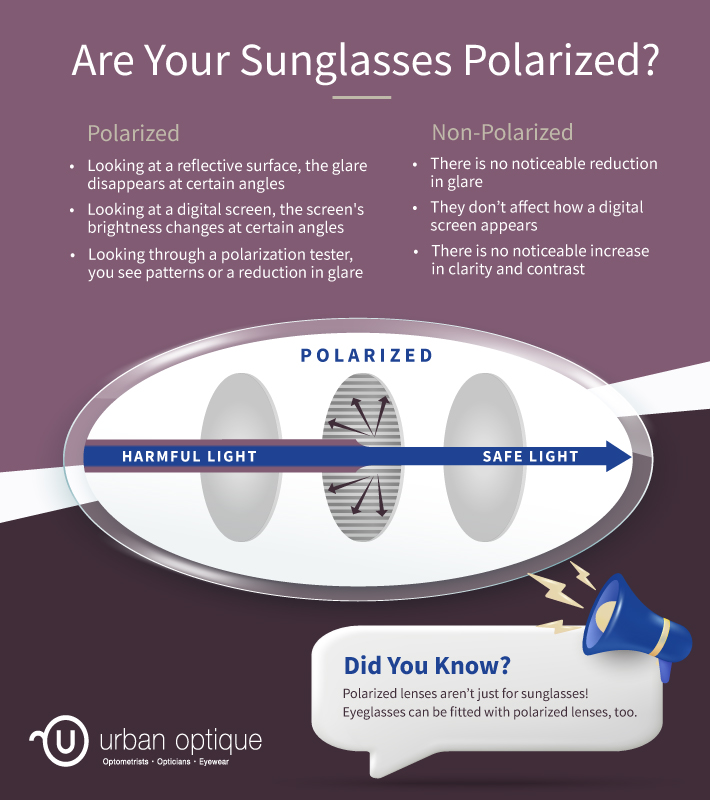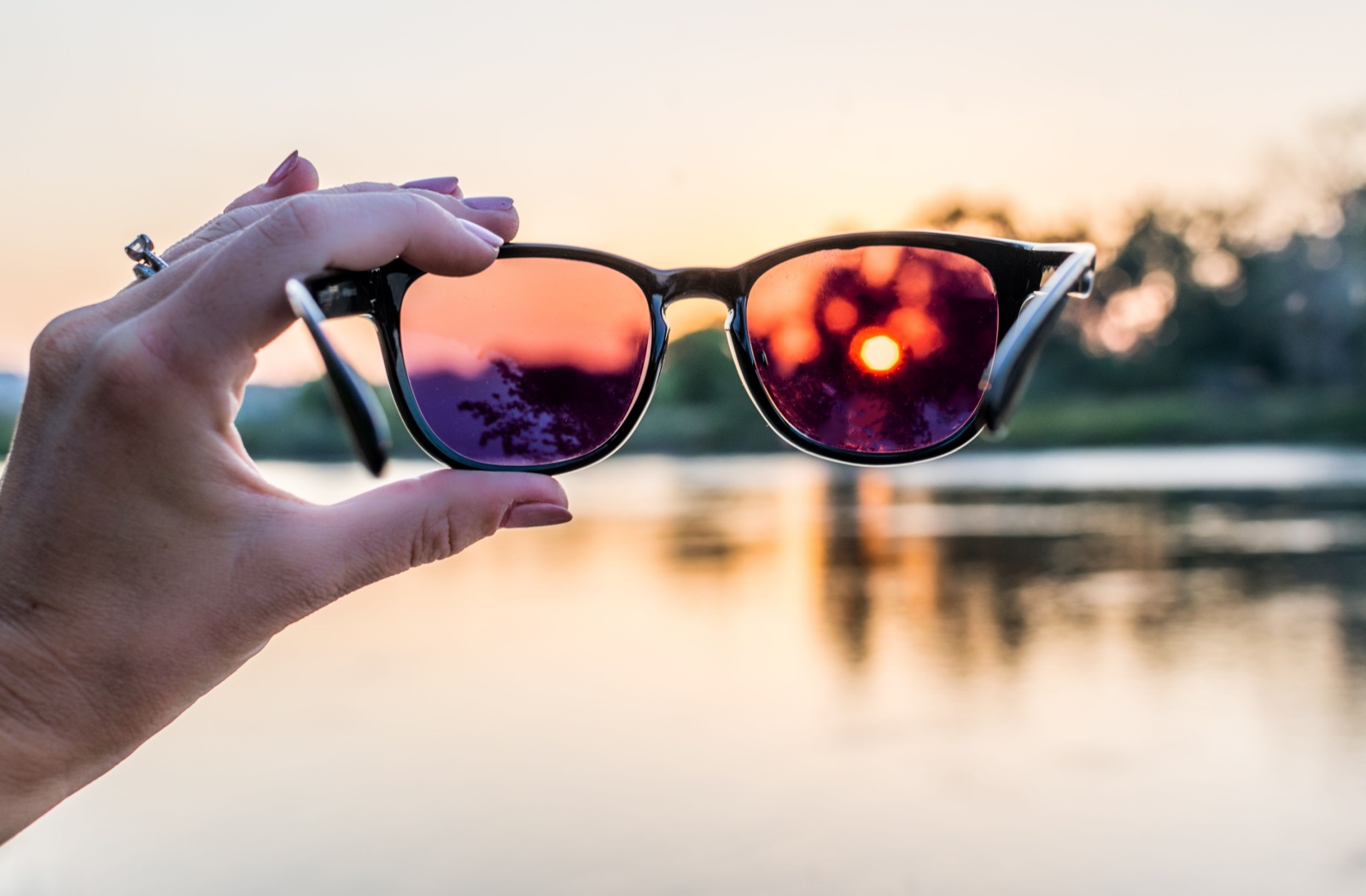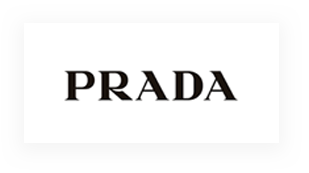If you’ve spent time outdoors, you’ve likely heard about polarized sunglasses. These lenses are not just a fashion statement; they can offer tangible benefits that enhance your outdoor experience. Whether you’re hiking, fishing, or simply strolling through the city, understanding how to tell if your sunglasses are polarized can make a significant difference in comfort and eye health.
Lucky for you, it’s not too difficult to determine whether sunglasses are polarized or not. Here are a few simple ways to do so:
- Using reflection on water or a mirror
- Looking at a digital screen
- Analysis with a polarized tester
What Does “Polarized” Mean?
Polarized lenses are designed to reduce glare from surfaces like water, snow, and glass. The science behind polarized lenses involves a special chemical coating that filters light.
When light reflects off a surface, it becomes concentrated and travels in multiple directions. Polarized lenses block intense reflected light, allowing only vertical rays to pass through, resulting in reduced glare and helping to improve visual clarity.
Benefits of Polarized Sunglasses
Reduced Glare & Enhanced Clarity
One of the most noticeable benefits of polarized sunglasses is their ability to reduce glare. This is particularly beneficial for activities like driving, boating, and skiing, where glare can be frustrating and dangerous. Polarized lenses improve clarity and contrast by filtering out horizontal light waves, making your surroundings appear sharper and more defined.
Improved Eye Comfort & Health
Prolonged exposure to glare can cause eye strain and fatigue. Polarized sunglasses reduce strain, providing more comfortable vision over extended periods. Additionally, by reducing glare, these lenses can help protect your eyes from potential damage caused by excessive light exposure.
Better Visibility in Certain Conditions
Polarized lenses are especially useful in conditions with high light reflection, such as near water bodies or snowy landscapes. They enhance visibility by increasing contrast, making it easier to see objects clearly. This can be particularly advantageous for outdoor enthusiasts engaged in activities like fishing, skiing, or beach volleyball.

3 Ways to Tell if Your Sunglasses Are Polarized
Now that you know the benefits, let’s explore how to determine if your sunglasses are polarized.
1. Using Reflection on Water or a Mirror
One simple method is holding your sunglasses to a reflective surface, like water or a mirror. Rotate the lenses while looking at the reflection. Your sunglasses are polarized if the glare diminishes or disappears at certain angles.
2. Looking at a Digital Screen
Another easy test involves using a digital screen like your phone or computer. Place your sunglasses in front of the screen and rotate them. If the screen’s brightness changes or appears to darken at certain angles, you have polarized lenses.
3. Analysis with a Polarized Tester
You can use a polarized tester, often available at optical stores for a more definitive test. Place your sunglasses in front of the tester. If the lenses are polarized, you’ll see patterns or a glare reduction when viewed through the tester.
Common Misconceptions About Polarized Sunglasses
Polarized Lenses Are Only for Sunglasses
A common misconception is that polarization is solely a feature found in sunglasses. While it’s true that many sunglasses come with polarized lenses to reduce glare, this technology is also used in other optical devices, such as camera lenses and even some prescription glasses.
Polarization’s primary aim is to improve visual clarity and comfort by reducing glare, and these benefits can be extended to various optical instruments.
Polarized Sunglasses Offer Complete UV Protection
While polarized lenses do an excellent job of reducing glare, they don’t automatically provide complete UV protection. To protect your eyes from harmful ultraviolet light, it’s essential to ensure that your sunglasses also block 100% of UVA and UVB rays. Always check the label or consult the manufacturer to confirm the level of UV protection your sunglasses offer.
All Polarized Sunglasses Are Expensive
Another misconception is that polarized sunglasses are prohibitively expensive. While it’s true that some high-end brands may have a steeper price tag, there are plenty of affordable options available that offer effective polarization.
Advances in manufacturing have made it possible to produce quality polarized lenses at various price points, making them accessible to a broader range of consumers.
Polarized Sunglasses Are Suitable for All Activities
While polarized sunglasses are highly beneficial for many activities, they are not always suitable for every situation. Pilots often avoid polarized lenses because they can make it difficult to read LCD instruments.
Similarly, some winter sports enthusiasts prefer non-polarized lenses to better distinguish between patches of ice and snow. Understanding the specific requirements of your activity can help you decide whether polarized lenses are the best choice.
Choosing the Right Polarized Sunglasses
Selecting the perfect pair of polarized sunglasses involves more than just picking a style. We’ve gathered a few tips to guide your decision.
Consider the Activities You’ll Use Them For
Think about where and when you’ll be wearing your sunglasses. Different activities require different levels of polarization. For example, anglers might prefer high-polarization lenses for maximum glare reduction, while urban dwellers might opt for moderate polarization for everyday use.
Understand the Different Polarization Types
Not all polarized lenses are created equal. Some offer varying degrees of polarization, affecting how much glare they can filter. Higher polarization provides greater glare reduction but might make it harder to read electronic screens.
Ensure Proper UV Protection
While polarization reduces glare, it doesn’t automatically mean UV protection. Ensure your sunglasses offer 100% UV protection to shield your eyes from harmful ultraviolet rays.
Find a Stylish Pair of Polarized Glasses
Polarized sunglasses provide numerous benefits, including reducing glare, enhancing clarity, improving eye comfort, and offering better visibility in certain conditions.
Investing in quality polarized sunglasses can significantly enhance your outdoor experiences and protect your eyes. Ready to upgrade your eyewear? Check out the latest polarized sunglasses at Urban Optique.
















